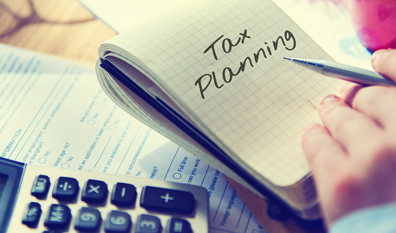What happens if you don't make a will?
Everything you leave when you die, less anything you owe, is called your 'estate'. A will sets out what is to happen to your estate. It is a legal document which, although it can be changed after your death, will normally be followed as written.
Dying without a will (called dying intestate) can cause unnecessary hardship for your survivors:
- Delays would be incurred in trying to find out whether or not you did in fact leave a will, and in tracing your possessions.
- Delays would occur in the necessary formalities required before your estate can be distributed.
- Your next of kin will usually be appointed to sort out your estate, and he or she might not be the best person to do the job.
- The law dictates who will inherit your estate and in what proportions.
The rules do not recognise unmarried partners (although a partner may be able to make a claim on your estate):
- The law may require legally binding trusts to be set up. These may be unnecessarily restrictive and expensive, especially where only small sums are involved.
- There may be inheritance tax on the estate which could have been avoided.
Another very important reason for making a will is so that you can decide who you want to look after your children if you have a young family.
If you do not make a will, your possessions will not necessarily be passed on in the way you would choose. This is a particular risk if you live with an unmarried partner.
(Inheritance Provision for Family and Dependants) Act 1975.
ADVICE AND SERVICES IN RELATION TO WILLS AND WILL WRITING IS NOT PROVIDED DIRECTLY BY THE EXCELL PARTNERSHIP LLP OR VALIDPATH LIMITED. NEITHER PARTY CAN ACCEPT ANY RESPONSIBILITY FOR THIS ASPECT OF BUSINESS.
THE FINANCIAL CONDUCT AUTHORITY DOES NOT REGULATE ADVICE AND SERVICES ON ESTATE PLANNING OR WILL WRITING.
THE EXCELL PARTNERSHIP LLP WILL SEEK TO ASSIST A SUITABLE OUTSOURCED RECOMMENDATION FOR THESE SERVICES THAT BEST SUITS THE CLIENT AND THEIR CIRCUMSTANCE












